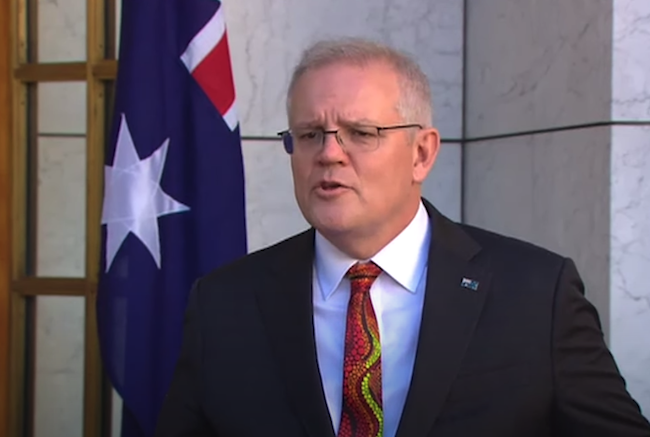Progressive Christian leader Rev’d Dr Ray Barraclough calls for a minute's silence on Australia Day to recall the consequences for Indigenous Australian from the arrival of the First Fleet.
Their land has been taken from them without the assertion of any other title than that of superior force...they have an incontrovertible right to their own soil, a plain and sacred right which seems not to have been understood.
This quotation is a statement issued in 1837 in the Report of the Select Committee of the House of Commons on Aborigines (British Settlements).
This committee was chaired by one of the most noted Christian parliamentarians of the time, Thomas Buxton.
In Australia, we have an honoured custom of observing a minute's silence in response to a whole range of fatal events. Crowds at sporting events observe a minute's silence to mark the death of a noted Australian sportsperson.
And the remembrance of conflicts involving Australians also includes such an observance. As well, there are thousands of monuments throughout Australia that tell us that Australians lost their lives fighting "for God and Empire".
The parliamentary Report of 1837 states clearly that it was force that caused the taking of land from the Indigenous inhabitants of this land. Indeed, a legal and historical fiction was even set in place to say that this land was uninhabited before white people came. That fiction was enshrined in the misleading phrase terra nullius.
Whether it is remembrance of the Myall Creek massacre of 1838, or the Coniston massacre of 1928, there is a need for Australians to give time to remember those who were killed, orphaned or maimed in the forcible taking of this land.
A Progressive Christian Voice (Australia) [APCV] calls on our fellow Australians to pause for a minute's silence on Australia Day to recall the wider consequences for the ancient peoples of this land of the arrival of the First Fleet at Port Jackson on 26 January, 1788.
There is a need for three R's — Reflection, Remembrance and Resolution.
A minute is but a fleeting moment of time. But can it not be spared on the 26th January to reflect upon the consequences of that First Fleet's arrival on these shores? It was a Fleet that claimed the land as part of the forceful expansion of the British Empire.
And Remembrance. Some may call this the "black armband" view of our history. But the readiness of present-day Australians to face not only the positive side of history, but also its dark underbelly is, surely, a sign of maturity. Not to do so is to opt for the white-washing and falsifying of our history.
Remembrance and Reflection. But let us include a third R — Resolution. Let us, as an Australian people, resolve that the story of both indigenous and European occupation of this land be faced squarely. On the 26 January, 2013, for a minute at least, let the story of the experience of Australia's indigenous people be remembered. Is that too much to ask?
This work is licensed under a Creative Commons Attribution-NonCommercial-NoDerivs 3.0 Australia License









